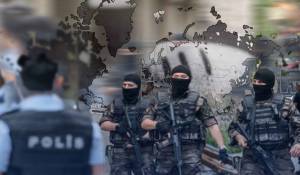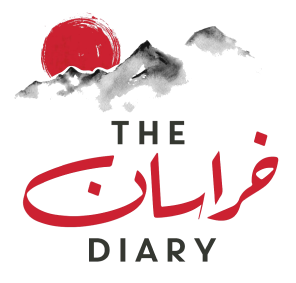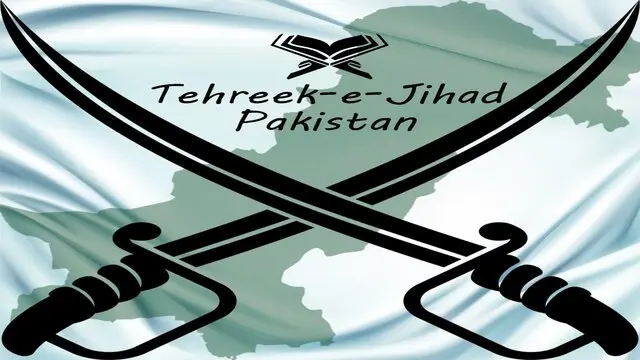
Iftikhar Firdous

February 16, 2026
By | Iftikhar Firdous

In February 2023, a new militant outfit announced its emergence as Tehreek-e-Jihad-e-Pakistan (TJP).
TJP claimed its first attack in Pakistan’s southwestern Balochistan province’s Chaman district in February this year and later claimed to have been involved in the recent explosions in the counter-terrorism facility in northwestern Khyber Pakhtunkhwa province’s Swat city, which official investigations until now indicate it was not an act of terrorism.
However, on 27th April 2023, the group came up with another claim stating to have been involved in a Vehicle-Borne Improvised Explosive Device (VBIED) suicide attack on a security forces compound in the southern district of Lakki Marwat, Khyber Pakhtunkhwa.
The security officials, having direct knowledge of Pakistan’s militant landscape, believe that the mysterious group is actually a cover for other major outfits in the country, such as the Tehreek-e-Taliban Pakistan (TTP) or Hafiz Gul Bahadur.
“This is the new strategy and we have been observing this new trend of attacks by the TTP and Hafiz Gul Bahadur in order to avoid public condemnation, few of these either remain unclaimed or are claimed by lesser-known groups”.
A TTP commander when asked if the TJP had any affiliation with his outfit said that he had no knowledge of this new jihadi entity.” But most likely they consist of people who either we know or are former affiliates who might have formed a group of their own. However, we are trying to find more about them”, he commented on condition of anonymity, without giving any further explanation.
A senior TTP commander, Sarbakaf Mohmand, while talking to The Khorasan Diary, said that the TJP was nothing but an internet phenomenon that would only appear on social media, just to grab attention. “I’ve been trying to reach out to them, but they did not get back”, he said in an audio message sent to The Khorasan Diary.
While exclusively speaking to The Khorasan Diary from an undisclosed location, the TJP spokesperson, who introduced himself as Mulla Qasim, described the outfit as an entity made of fighters who have previously been involved in a fight during the Soviet and American invasions of Afghanistan.
Explaining the group’s objectives, Qasim said that they are strict adherents of the Deoband school of thought. “Our struggle is the continuation of the Silk Letter Movement”.[1]
“Since all other efforts to implement the ideology of Pakistan in its true spirit as envisioned by Sheikh-ul-Hind have failed for the last 75 years, we have decided to opt for an armed struggle in the country”, he said. [2]
The group’s spokesperson said that their leader is Abdullah Yaghistani[3], who is said to have studied at the Jamia Farooqia (a prominent Deobandi seminary in Karachi) and had been involved in fighting US/NATO forces in Afghanistan in the recent past. “After achieving success in Afghanistan, we have extended our struggle into Pakistan”, he said.
In reply to another question, whether TJP was affiliated with any specific militant organization globally or regionally, he said that they would support anyone who shares their cause for the implementation of Shariah in Pakistan. “[However,] We do not see any other way except an armed struggle; we have not so far pledged allegiance to anyone, including the Afghan Taliban”, he claimed.
When asked about the recent religious decree by Mufti Taqi Usmani, a leading Deoband scholar in Pakistan, which categorically maintains an armed struggle against Pakistan as against Shariah rulings, the spokesman told The Khorasan Diary that while Mufti Taqi Usmani is a renowned scholar, the decree sounds more based on his personal reasoning.
[1] A clandestine Deobandi movement (1913-1920) aimed at independence from the British Raj by seeking support from Turkey’s Ottoman Empire, the then Emirate of Afghanistan and the German Empire.
[2] Sheikh ul Hind – a reference to Maulana Mahmudul Hassan, the founder of the Silk Letter Movement.
[3] Yaghistan is a pre-partition geographical label that defined the frontier of the British Raj and Afghanistan.